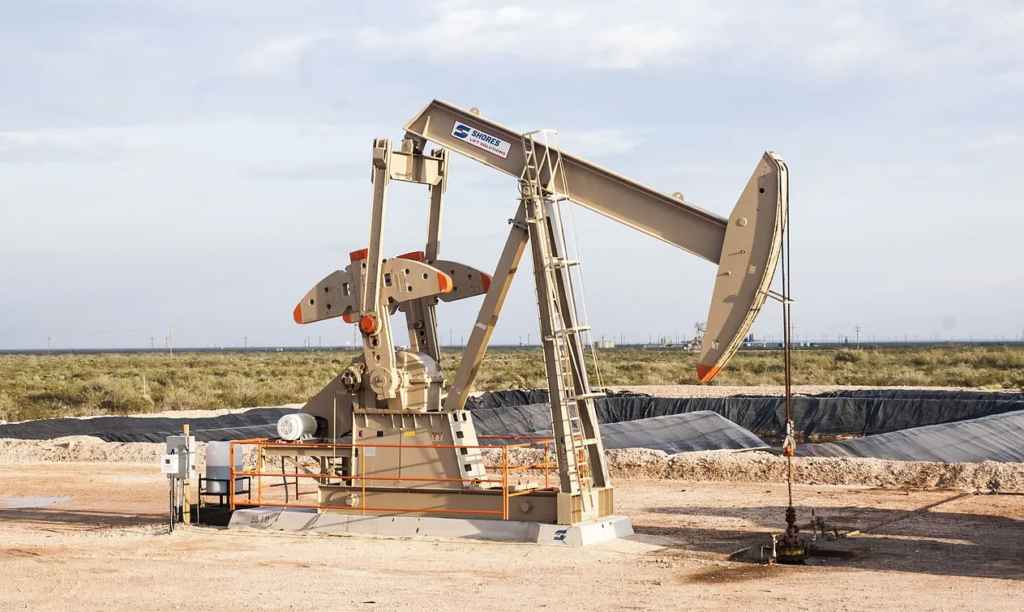Rebecca John’s Inquiry for DeSmog
(sustainabilityenvironment.com) – Major car brands and some of the largest oil companies in the United States knew what the true climate impact of the fossil industry was at least since 1954. They knew about the link between fossil fuels and increased CO2 concentrations in the atmosphere. And they had insight into the scale of the phenomenon, which is that their business model was fueling a threat to the entire human civilization as it has developed over the last 10,000 years. Despite this, they have continued to deny climate change for decades, and today they are trying to slow down climate action.
This is what emerges from a series of unpublished documents kept for 70 years by the California Institute of Technology, the US National Archives and the University of California – San Diego. They were dusted off by Rebecca John, a researcher at the Climate Investigation Center. With a survey that anticipates by at least a decade the date at which the fossil industry knew its impact on the climate. And most importantly, it provides a real “smoking gun“.
Keeling, the fossil industry and the first look at global warming
At the center of it all is Charles Keeling. The name will not sound new to those with some knowledge of climate science. Today its name is associated with the Keeling curve, which is the trend of the concentration of CO2 in the atmosphere (which has cyclical ups and downs during the year), the main indicator of global warming. It is thanks to Keeling’s work that the scientific foundations for understanding global warming have been laid.
read also The EU goes all-in on carbon removal: it wants 450 mln t CO2 per year by 2050
A work that the scientist started at 26, measuring carbon dioxide in California. With funding from the Air Pollution Foundation, a group of lobbyists supported by 18 car manufacturers including Ford, Chrysler and General Motors, along with the American Petroleum Institute, still today the megaphone of fossil interests in stars and stripes.
It was 1954 and Keeling, together with his then superior, Samuel Epstein, summarized the results of his research in a document addressed to the Air Pollution Foundation: “The possible consequences of a change in the concentration of CO2 in the atmosphere about climate, photosynthesis rates and equilibrium rates with ocean carbonate could ultimately prove to be of considerable importance for civilization”. Changes in the concentration of CO2 are linked, scientists write, to the combustion of fossil fuels.

